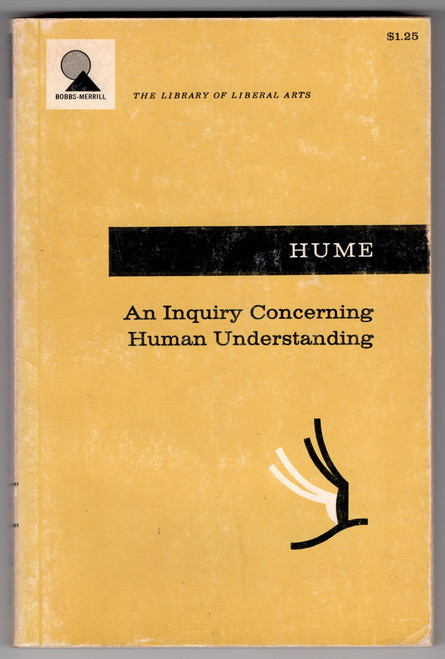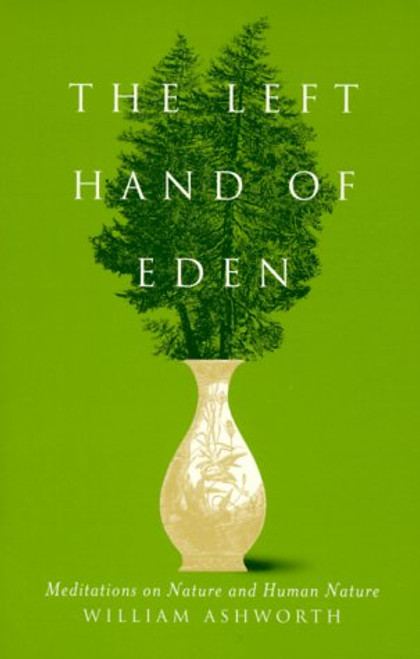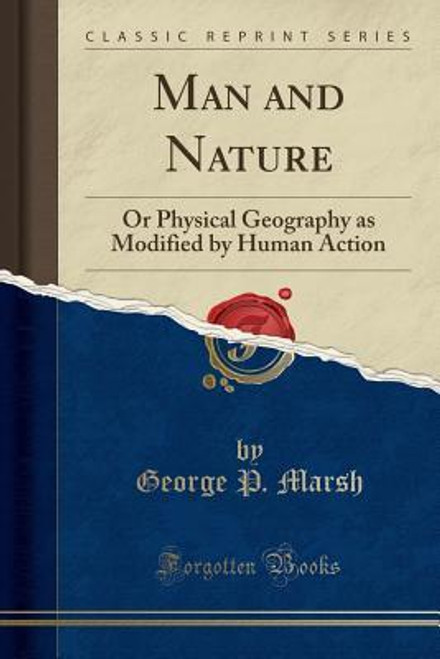"My principles...would produce almost a total alteration in philosophy: and you know, revolutions of this kind are not easily brought about." --David Hume
A landmark of Enlightenment thought, Hume's An Enquiry Concerning Human Understanding is accompanied here by two shorter works that shed light on it: A Letter from a Gentleman to His Friend in Edinburgh, Hume's response to those accusing him of atheism, of advocating extreme skepticism, and of undermining the foundations of morality; and his Abstract of A Treatise of Human Nature, which anticipates discussions developed in the Enquiry.
In his concise Introduction, Eric Steinberg explores the conditions that led Hume to write the Enquiry and the work's important relationship to Book I of Hume's A Treatise of Human Nature.
About the Author:David Hume was born in Edinburgh, Scotland, on April 26, 1711. He entered the University of Edinburgh at the age of twelve but left a few years later without having been conferred a degree. Being a lifelong skeptic, Hume was taken with the French philosophers whose work was exemplary of the movement. In 1734, he made an intellectual pilgrimage to La Fleche, France, the town where Descartes had been educated. Three years later, this change of scene culminated in his book titled A Treatise of Human Nature.
After returning to England in 1737, the remainder of Hume's life was spent writing on psychology, morality, and politics. During this time, his bid for appointment as professor of ethics in Edinburgh proved unsuccessful because of his views on religion. From that point on, he was to undertake short-term positions of employment with powerful and influential people in the English government. These appointments included some travel to the Continent. From 1767 to 1768 he served as undersecretary of state for the northern department. Hume then returned to Edinburgh, where he died eight years later on August 25, 1776.
David Hume's works include: A Treatise of Human Nature (1739), Treatise—Of the Understanding (1739), Of the Passions (1740), An Abstract of a Treatise of Human Nature (1740), Essays Moral and Political (1741-1742), An Enquiry Concerning Human Understanding (1758), An Enquiry Concerning the Principles of Morals (1751), Political Discourses (1751), History of England (1754-1762), Four Dissertations (1757), and Dialogues Concerning Natural Religion (published posthumously in 1779).







